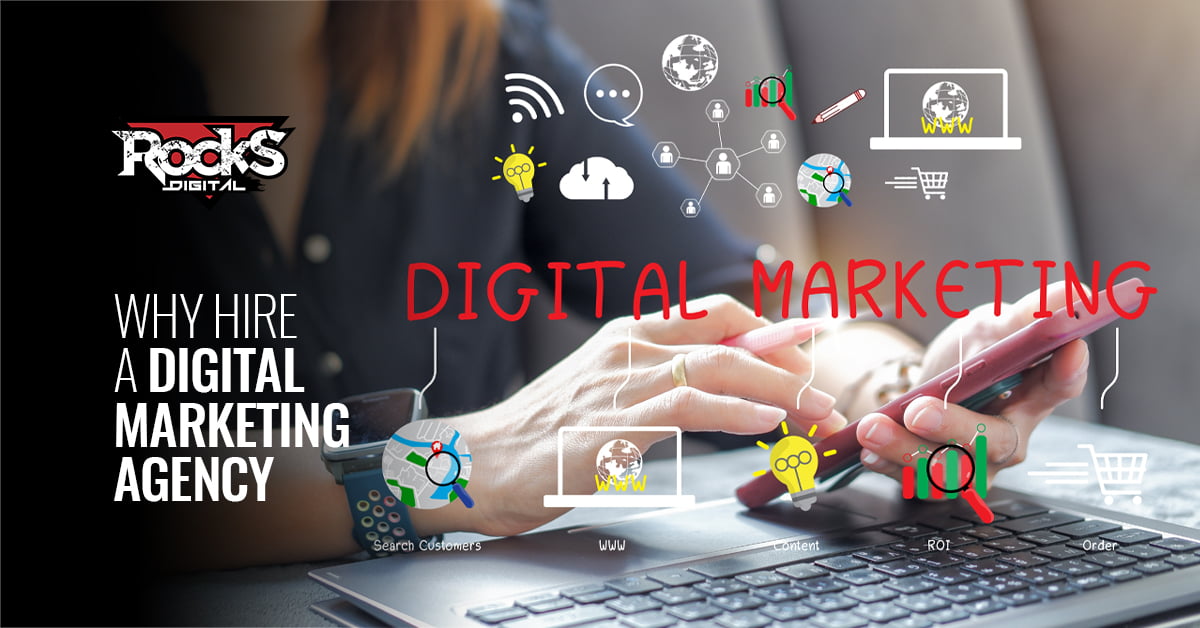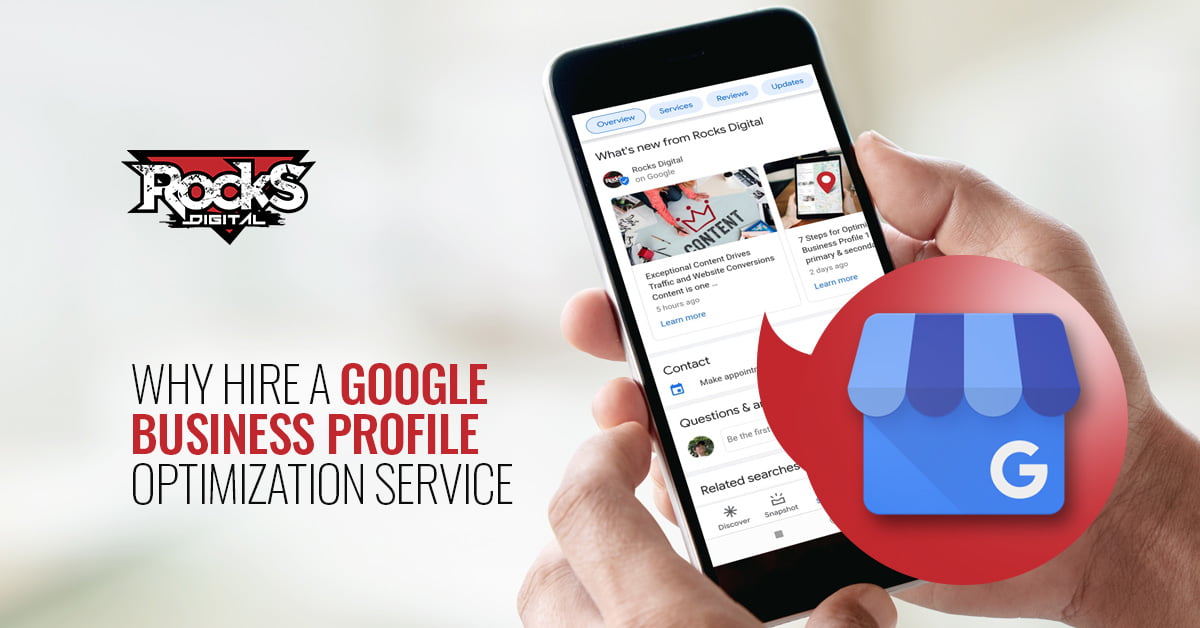
The big story of the day is “Fake News,” and your health is caught in the big middle of it all. It’s a clear case of GIGO: garbage in, garbage out, the saying popularized by computer programmers and so-called nerds. Remember that one? It still applies!
How to Tell the Difference Between “Fake News” and Real News in Health
The real issue here comes down to figuring out what is fake, what is real, and what is a combination of both that’s blended together for a great story that gets more clicks, views, and shares.
Question: Is True Health on the Agenda?
Your very health has been caught in the crossfire when issues of health care bills, foods, vaccines, medicines, supplements, and lifestyle choices are used to scare or inveigle you to do things that are in fact bad for you. For example, Dr. Oz was brought in front of the U.S. Congress two years ago and charged with pushing “fake news.” This was due to many members of Congress being called by lobbyists that wanted him silenced because he was, in fact, providing truths that created distrust in the pharma/medical industries.
Everyone and every story has an agenda, so make sure you know where you stand in protecting your own health and life. Check the source to know if it is pure, or just literary manure. Always look for the group funding any study, and you can learn what they are trying to prove or make you think about that study. This will keep you in the middle (on your own side) so they can’t take advantage of your misguided feelings or fear.
Verify: In Health Matters, Get a 2nd Opinion
Get a second opinion from an alternate source for validation. Check every story against multiple sources and always look at the original source of the story, as it may just be taken out of context or made up. Don’t make health decisions based on who gets paid to promote a product, but on who makes it and how it is made. If a true story or piece of research goes against what you think, then realize you were wrong and add this new piece of truth to your thoughts. This one thing could actually save your life in some cases, and keep you from defending a falsehood that could cause harm to others who might believe it.
Research: Real Science is a Process
Science is a tricky thing, as anything can be proven through false predictions, media hype, and “expert backing.” Just think back to all the doctor-recommended cigarette ads back in the 1950s, followed by the push for fake fats (i.e. margarine and trans-fat filled products), then the push for fat-free everything, all of which were all backed by badly designed studies. Every one of these things were done in an effort to get you to buy things that would KILL you in the name of “better health” and “good science.” The reality is that these studies were only good for a few bank accounts belonging to tobacco and pharmaceutical companies, as product sales – and cancer rates, obesity rates, and death rates have all increased greatly since then.
Do you have your own “go to” expert, sounding board, or news fact-checking source when some piece of health information is put in front of you? Do you know what side of the issues they are on? Do you have an alternative outside of them? Your answer to all three of these better be YES, and your answer to any piece of information better be “let me get back to you on that,” especially if it is being quickly and “expertly” pushed on you. Fear and pleasure are both used, along with the rush of time and peer pressure, to make you forget about those three questions – and your own ability to make a wise decision.
Appraise: Multiple Factors Affect Your Health
Before you buy a car or house, the first thing you do is get an inspector to look at them before you make that large investment. The same should go for that $30–$200 bottle (or bottles) of potential health support you might be purchasing every month for years and decades, costing as much as a car or house or possibly, your life. Take time with your personal health decisions, as they are all life and death decisions at some point.
This next passage will be the toughest pill to swallow. You don’t know what you don’t know – and you most likely don’t know. You don’t know anything about what is in that product, nor does the person selling it to you. That’s right! In all likelihood, the person pushing a product at you knows virtually nothing about it, and absolutely nothing about you, so take your time in all decisions.
More importantly, you may possibly know even less about how that product will react with any of your medical issues or medications, and this is true for over 75 percent of the U.S. population. Plus, your doctor, pharmacist, and the ER won’t know either if you do not or cannot tell them, and most likely they know nothing about diets and nutritional supplements, to begin with.
Balance: Knowledge + Action = Health
The best thing you can do is learn as much as you can about yourself, your health, and anything you may be taking for it before ever adding anything to the mix. Because knowing is half the battle – and the other half is doing what you know you should do.
One final thought to improve your health as we move into summer: Learn how to improve, get up and move, eat only the best. Do all three as needed – and make sure to get some much-needed vacation time to rest!
How are you taking care of your health this summer?
Clint Fuqua
Clint Fuqua, author of “Personal Health Care Reform”, is an accomplished Certified Health Coach and Personal Trainer with over two decades of experience and specialized training in all areas of health, nutrition, and exercise.

















